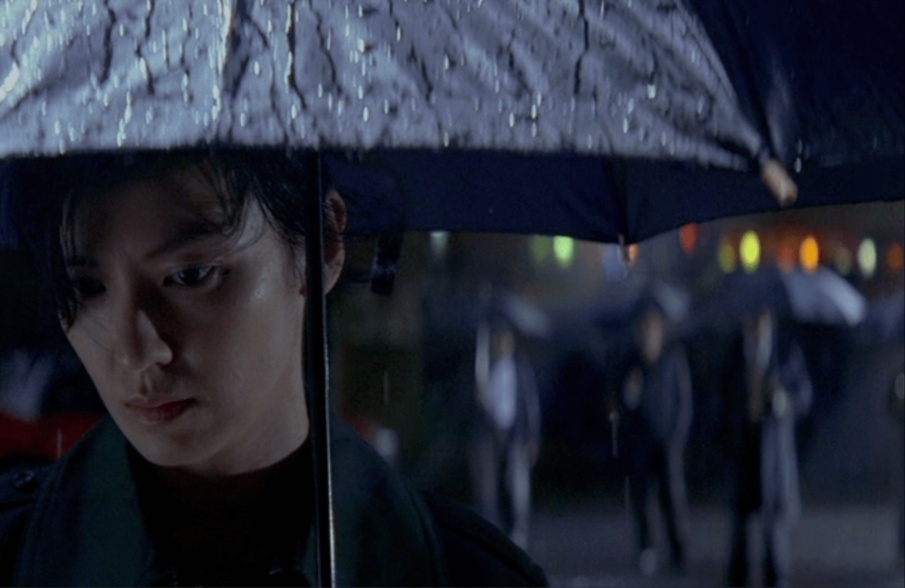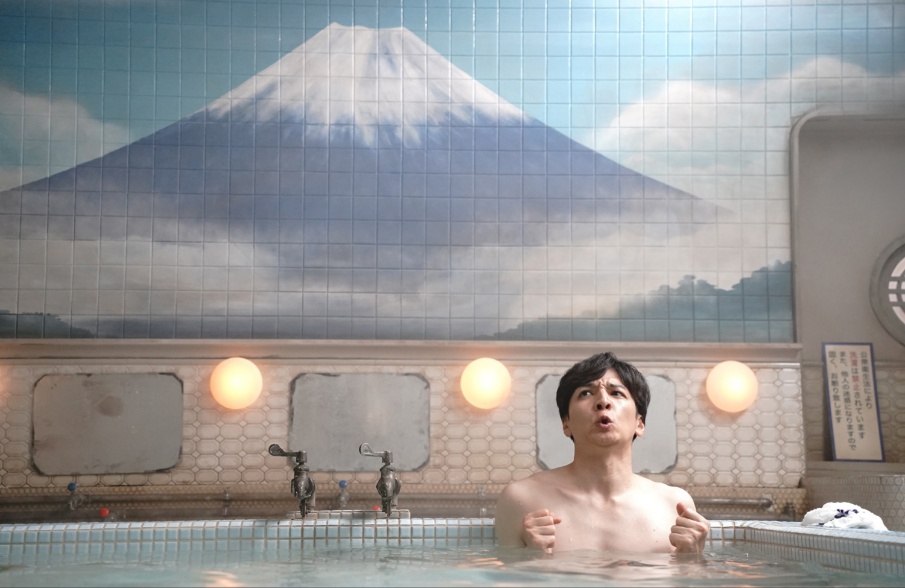At the 26th Far East Film Festival in Udine, I had the privilege of engaging in an insightful conversation with director Tony Bui about his film “Three Seasons“. Throughout our dialogue, Tony Bui provided deep reflections on the intricate process of creativity, the challenges and triumphs of film restoration, and his unwavering dedication to storytelling.
As our conversation unfolded, I delved into the symbolism behind the title “Three Seasons“, prompting Tony Bui to expound upon the nuanced layers of meaning embedded within. His elucidation of Vietnam’s seasonal transitions as metaphors for renewal and hope provided a poignant insight into the thematic richness of his work.
Tony Bui‘s candid reflections on the arduous journey of restoring the film after a quarter-century resonated deeply. His admission of initially seeing the film through a critical lens, clouded by perceived imperfections, before rediscovering its beauty and significance during the restoration process, offered a profound testament to the transformative power of revisiting one’s own work.
Transitioning to discussions on audience reception and the enduring relevance of “Three Seasons“, Tony Bui‘s gratitude for the film’s resonance across time and cultures was palpable. His emphasis on the universal power of storytelling to transcend barriers and evoke genuine emotion underscored the timeless appeal of cinema as a medium of artistic expression.

As we delved into Bui’s upcoming project centered on the iconic “Napalm Girl” photograph, his passion for storytelling and commitment to shedding light on impactful narratives became evident. His unwavering dedication to exploring the human stories behind historical events spoke volumes about his role as a filmmaker with a profound sense of purpose.
In exploring inspirations beyond the realm of cinema, Tony Bui‘s reverence for the vibrant intellectual community at Columbia University, where he currently teaches, was evident. His interactions with esteemed colleagues and bright students served as a wellspring of inspiration, fueling his creative endeavors and enriching his perspective on storytelling.
In closing, I expressed heartfelt gratitude to Tony Bui for generously sharing his insights and experiences. Our dialogue illuminated not only the creative process behind “Three Seasons” but also Bui’s unwavering commitment to crafting stories that resonate deeply with audiences across generations. As the conversation drew to a close, it was evident that Bui’s passion for storytelling and his belief in the transformative power of cinema would continue to inspire audiences for years to come.
Plot
In the misty mornings of Saigon, young girls wake up to pick lotuses from a flower pond, to later sell to American tourists and fellow Vietnamese alike. To pass the time, the girls sing rich folk songs that touch the heart of a poet (Teacher Dao) who lives in an old temple overlooking the pond. Teacher Dao suffered leprosy at the age of 26 and had consequently lost his fingers...












































